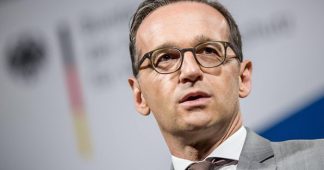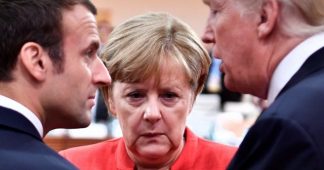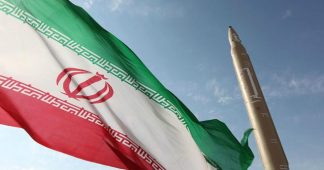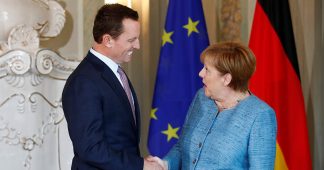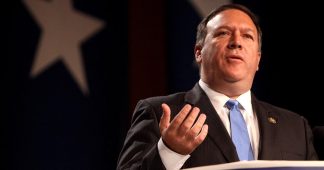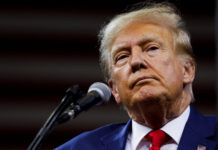by Tyler Durden
08/27/2018
In the aftermath of a report that Germany was working on a global payment system that is independent of the US and SWIFT, on Monday Germany and France said they’re working on financing solutions to sidestep U.S. sanctions against countries such as Iran, including a possible role for central banks, Bloomberg reported.
“With Germany, we are determined to work on an independent European or Franco-German financing tool which would allow us to avoid being the collateral victims of U.S. extra-territorial sanctions,” French Finance Minister Bruno Le Maire said Monday during a meeting with press association AJEF. “I want Europe to be a sovereign continent not a vassal, and that means having totally independent financing instruments that do not today exist.”
The discussions, which also involve the U.K., are a signal that European powers are trying to get serious about demonstrating a greater level of independence from the U.S. as President Donald Trump pursues his “America First” agenda.
After the US reimposed sanctions on Iran, making funding to Iran projects virtually impossible, European companies including Daimler and Total halted activity or backtracked on investment plans to avoid U.S. punishment, but France and Germany and their European Union partners want business with the Islamic Republic to continue.
Le Maire said using the European Investment Bank, which has exposure to the U.S., as a “financial channel” would be “very complicated” and that the French and German governments are talking to their respective central banks about their involvement. “If we want to build a truly independent instrument we must open up all the options,” he said.
Separately, Germany’s Foreign Minister Heiko Maas again weighed in on the topic of European financial independence on Monday, saying the EU is working to protect economic ties with Iran and keep payment channels open.
Maas said Europe has started work on creating a system for money transfers that will be autonomous from the currently prevailing Society for Worldwide Interbank Financial Telecommunication (SWIFT)
“That won’t be easy, but we have already started to do that,” Maas said at the annual Ambassadors Conference in Berlin on Monday, as quoted by RIA Novosti. “We are studying proposals for payment channels and systems, more independent from SWIFT, and for creating European monetary fund.”
Maas also announced plans to reveal a new foreign policy strategy towards the US.
“We have to react and strengthen Europe’s autonomy and sovereignty in trade, economic and finance policy,” Maas said in a speech in Berlin. “It’s high time to recalibrate the Transatlantic Partnership – rationally, critically, and even self-critically,” the FM added.
Maas echoed his comments from last week when he called for European autonomy to be strengthened by creating payment channels that are independent of the United States, establishing a ‘European Monetary Fund’.
Europe’s desire to create its own system is connected to Washington’s recent withdrawal from the Iran nuclear deal, and the re-imposition economic sanctions against the Islamic Republic. As Brussels stays committed to the pact signed in 2015 between Tehran and the world powers, the EU had to enforce the ‘Blocking Statute’ in order to safeguard European businesses operating in Iran from US sanctions against the country. However, the measure failed to keep European majors like Total, Maersk, Mercedes in Iran, as they cannot function independently of the US-dominated international banking system and international financial markets.
SWIFT, which is short for the Society for Worldwide Interbank Financial Telecommunication, is the financial network that provides high-value cross-border transfers for members across the world. It is based in Belgium, but its board includes executives from US banks with US federal law allowing the administration to act against banks and regulators across the globe. It supports most interbank messages, connecting over 11,000 financial institutions in more than 200 countries and territories.
Ironically, it was Russia who took the first initiative, after its Central Bank governor, Elvira Nabiullina, said that the country had created a national system for money transfers that could protect its banking from a potential cut off from SWIFT transfer services. The step was triggered by the constant anti-Russia penalties introduced by Washington since 2014 for various reasons, including the reunification with Crimea, alleged involvement in the military conflict in eastern Ukraine, alleged US election meddling, and the alleged poisoning of former double-agent Sergei Skripal in the UK. The result was also a near complete liquidation of Russian holdings of US Treasuries and their conversion into gold and other non-US foreign reserves.

